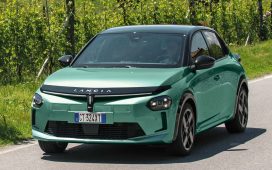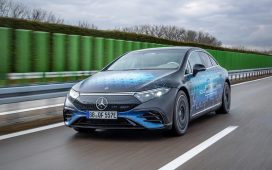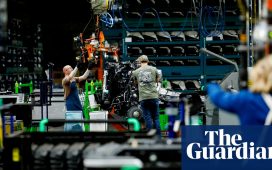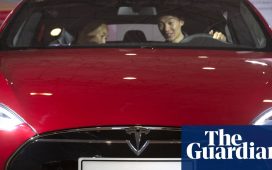Electric car owners could make dramatic savings on their charging costs by making one alteration to their routine.
According to experts at Monta, smart charging an electric vehicle can “make your money go further” as budgets tighten in January.
Monta claims providers will offer discount rates when the strain on the grid is at its lowest.
This encourages motorists to plug in their vehicles outside of peak times for more efficient charging.
The move has been backed by the Energy Saving Trust which encourages motorists to plug in their cables overnight.
They said: “Smart charging is a safe and convenient way of charging your electric vehicle (EV) at times when demand for electricity is lower, for example at night, or when there is lots of renewable energy on the grid.
“Charging during these off-peak times not only reduces costs for EV drivers by using cheaper energy rates, but also helps to prevent unwanted intervals of really high demand for electricity from the grid.”
Recent user data from Monta shows that 14,000 drivers have saved a total of €310,000 (£266,333) over 590,000 charges in Europe.
This equates to a saving of approximately €22 (£18.90) per driver per charge in the year 2023.
- Support fearless journalism
- Read The Daily Express online, advert free
- Get super-fast page loading
Just 600 UK drivers using Monta’s Smart Charge feature have saved £486.00 over 8,000 charges – putting aside less than £1 per charge.
The Energy Saving Trust says smart charging a vehicle could save the average driver £200 per year.
High-mileage road users could even save a staggering £1,000 per annum by being more aware of when they plug in.
Smart charging requires almost no effort with most owners able to adjust their chargepoint to activate when demand is lower.
Alok Dubey, Regional Director for Western Europe at Monta said, “There is lots of negative information surrounding EV ownership – charge rage, range anxiety, and increased running costs through rising energy bills.
“The reality however, is that running an EV is much cheaper than running a petrol or diesel vehicle.
“We’re committed to making home-based EV charging more sustainable for the grid and it is our goal to future-proof the EV ecosystem.”











